This article highlights an original concept that brings together two passions: football and champagne. Designed for...
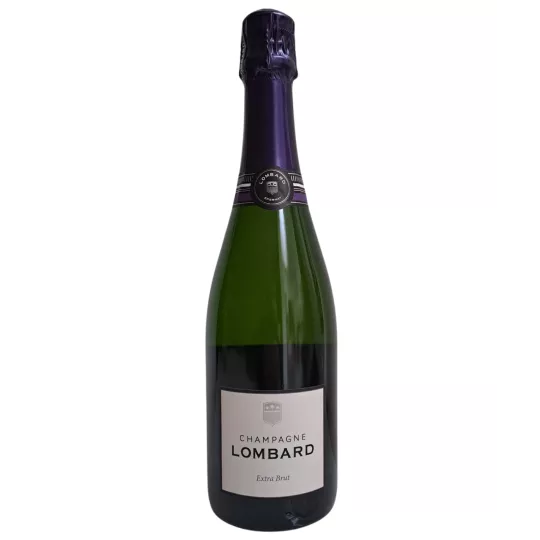
Free delivery for purchases over € 210 in the E.U.
Club We Love Bubbles: Collect points with every purchase
| ❤️ CLUB We Love Bubbles: 100 € spent = 20 loyalty points |
| ❤️ CLUB We Love Bubbles: €100 spent = 20 loyalty points |
| ❤️ CLUB We Love Bubbles: €100 spent = 20 loyalty points |
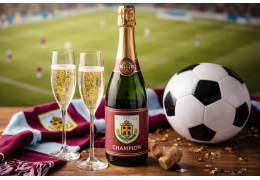
This article highlights an original concept that brings together two passions: football and champagne. Designed for...
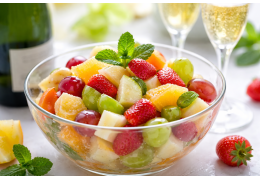
This fresh fruit salad with champagne offers a light and refreshing alternative to traditional fruit desserts....

Champagne Valentin Leflaive embodies the alliance between Burgundian heritage and Champagne excellence. Thanks to a...
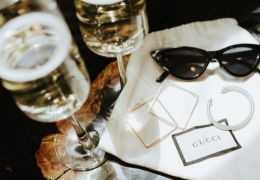
Champagne Petit et Bajan, founded in 2008 by Richard Petit and Véronique Bajan, embodies the alliance of two...

Champagne Napoléon, founded in 1825, embodies the perfect blend of family tradition and imperial prestige. Crafted...
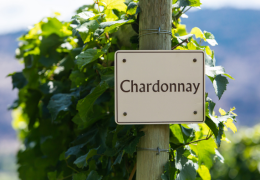


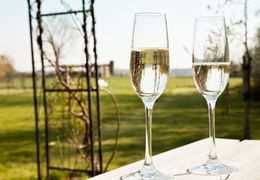







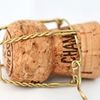

Champagne is a festive form of bubbly alcoholic drink, produced in the Champagne region of France and made from grapes, yeast and sugar. It has been produced since the 17th century, when English scientist Christopher Merret discovered that adding sugar to wine made it fizzy. Since then, champagne has become an iconic symbol of luxury and celebration, enjoyed on special occasions around the world.
The four main types of champagne are classified according to their degree of sweetness - from dry (brut) to sweet (demi-sec) - but also differ in terms of color and complexity.
Here is a brief overview :
It is one of the most sought after types of champagne due to its balanced taste profile, offering both freshness and richness without being overly acidic or sweet. It generally contains less residual sugar than other types of champagne (less than 12 grams per litre), giving it a distinct dry finish that pairs well with rich dishes like caviar or foie gras. It is perfect for any celebration, but is particularly suitable as an aperitif before dinner or as a celebratory drink at weddings or birthdays.
It is similar to brut in terms of level of dryness but offers more intense flavors with higher levels of acidity. This type of wine contains less than 6 grams of residual sugars per litre, making it even drier than brut - making it ideal for those who prefer a livelier taste. Its unique flavor makes it an ideal wine to serve with smoked salmon or oysters as an aperitif before dinner.
It's slightly sweeter than brut/extra-brut due to its 12-35 grams of residual sugars per litre, but still offers enough freshness to be pleasing to the palate. Its fuller body gives it greater aromatic intensity, while its sweetness goes perfectly with desserts such as crème brûlée or tarte tatin. Also, it's a great choice for cocktails because of its versatility to showcase different flavors without overpowering them.
It's often considered the "fun" version of champagne due to its rosy/coppery color that can add flair to any celebration! Unlike other types of wine that depend on aging processes to gain complexity, rosé acquires its flavor profile by incorporating red varietals into the blend - resulting in smoother flavors with subtle notes of red berries like raspberry or strawberry. The rosé is therefore perfect to be enjoyed slowly during a brunch with friends or during summer evenings in bars or restaurants.
When choosing between different types of champagne for your event, there are a few key points to consider: First, what type of food are you planning to serve? If you have a steak tartare followed by a crème brûlée, demi sec champagne will be the most appropriate. Likewise, if you plan to serve sushi, an extra raw will be most appropriate.
Also, you should consider the personal preferences of your guests: some prefer sweeter champagnes, while others like very dry drinks. Finally, don't forget that champagne should be consumed responsibly!
Whatever type of champagne you choose, it will always make every occasion special! Whether you prefer dry bruts that pair well with seafood dishes or light rosés that are perfect for summer evenings outdoors, there is something for every palate. However, remember that excessive alcohol consumption can have serious consequences, so enjoy it responsibly! With these tips in mind, find inspiration from these four classic types and make sure your celebrations are truly memorable!

 A Story Of Friendship: Champagne Pol Roger and Sir Winston Churchill
A Story Of Friendship: Champagne Pol Roger and Sir Winston Churchill Champagne-based cocktails
Champagne-based cocktails Champagne rosé
Champagne rosé Serve a good champagne
Serve a good champagne Where to buy Deutz champagne ?
Where to buy Deutz champagne ?Follow us